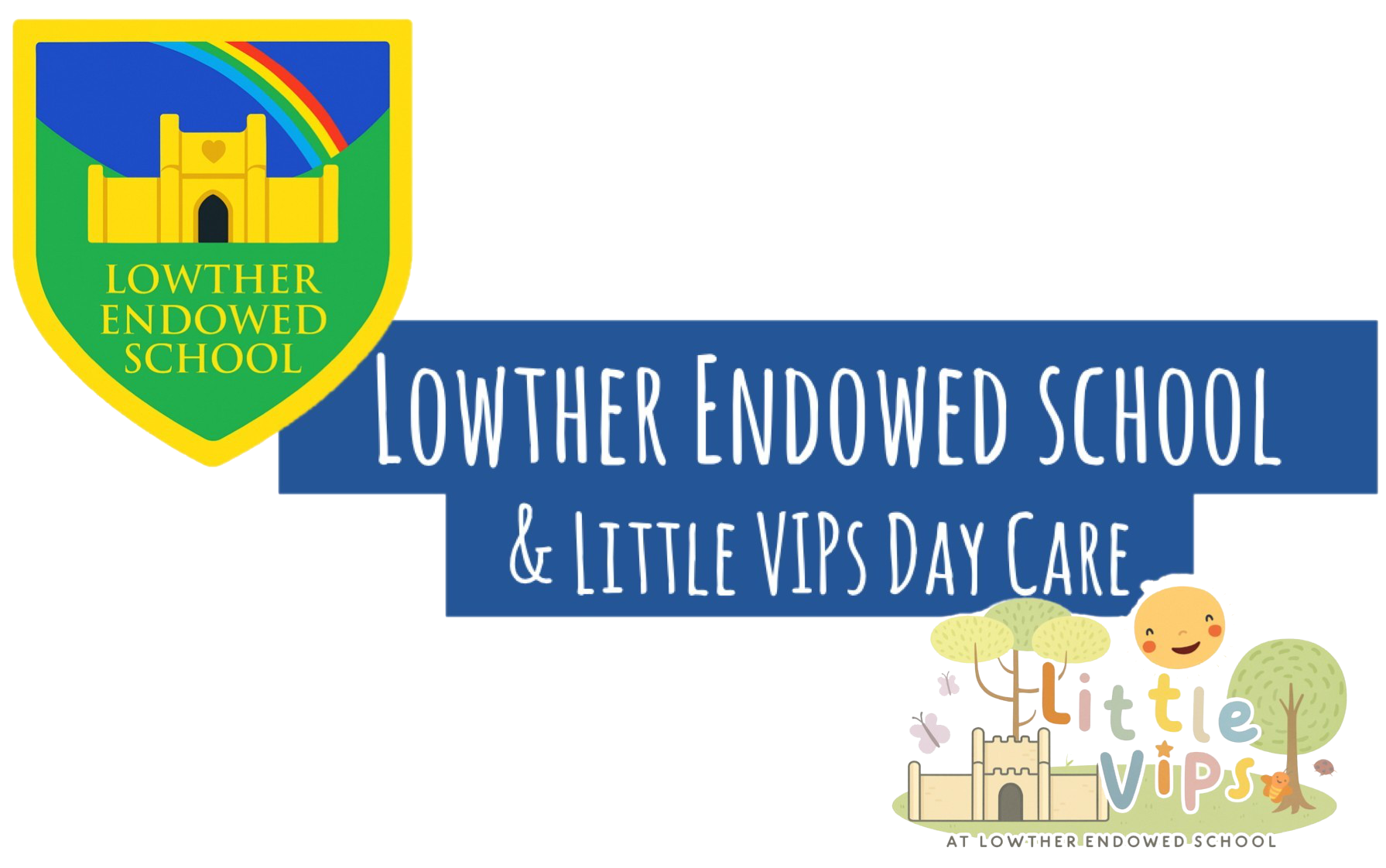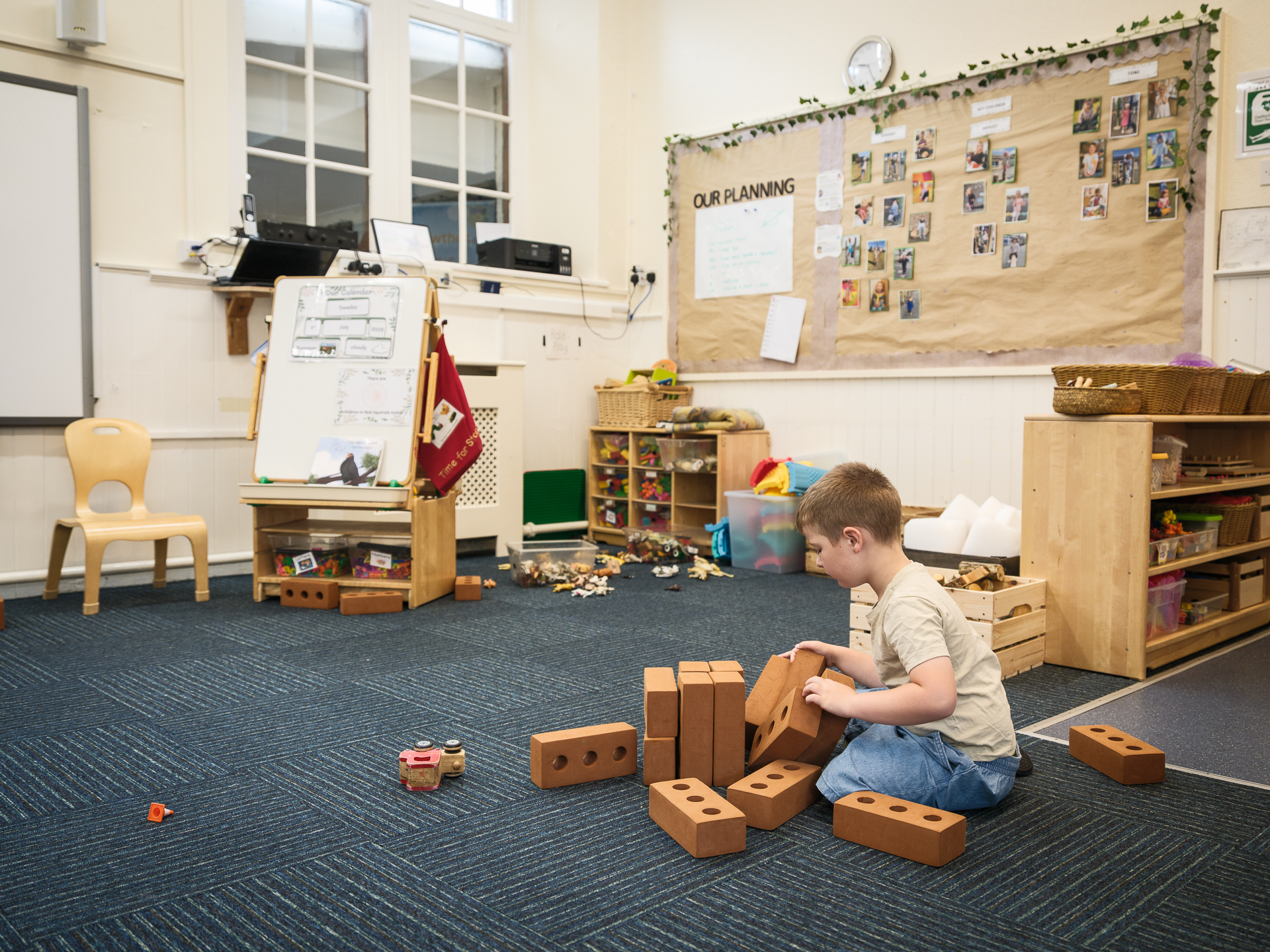History
History at Lowther Endowed School inspires pupils to explore the past, understand how it shapes the present, and appreciate the diversity of human experience across time. Our curriculum encourages curiosity about significant events, people, and societies, fostering a sense of identity and belonging. Through enquiry and storytelling, children develop critical thinking and an appreciation for how history influences the world today.
Intent
Our History curriculum aims to:
-
Develop pupils’ knowledge and understanding of key historical events, figures, and periods, both local and global.
-
Encourage children to ask questions, investigate evidence, and develop their own interpretations of the past.
-
Foster an awareness of chronology and how societies have changed and developed over time.
-
Promote respect for different cultures, perspectives, and experiences through historical enquiry.
-
Build historical vocabulary and enquiry skills progressively to prepare pupils for further learning.
Implementation
-
History is taught through carefully planned topics that include storytelling, enquiry, artefact handling, and visits to local historical sites.
-
Pupils engage in asking historical questions, using sources to gather information, and presenting their findings in various ways.
-
Lessons are enriched through cross-curricular links with English, Geography, Art, and Drama to bring history to life.
-
A chronological approach is taken where appropriate to help pupils understand timelines and cause and effect.
-
Regular formative assessments help ensure pupils make meaningful progress and retain knowledge over time.
Impact
-
Pupils develop a secure understanding of historical concepts and events, demonstrating confidence in discussing the past.
-
Children show an ability to think critically, analyse evidence, and appreciate multiple viewpoints.
-
Our pupils develop a strong sense of identity and place within history, linking local heritage to wider national and global stories.
-
Assessment and observations show pupils gain curiosity and enthusiasm for history, laying the foundation for lifelong learning.
Cultural Capital in History
Our History curriculum builds cultural capital by connecting pupils to their local heritage and the wider world’s stories. Learning about diverse people, societies, and events from different eras broadens pupils’ perspectives and fosters empathy. Experiences such as visits to museums, historical landmarks, and engagement with community history projects deepen their understanding. This equips children with the knowledge and context to participate meaningfully in society and appreciate the richness of human experience.
What does History look like in EYFS .....
In EYFS, History is introduced through stories, role-play, and exploration that help children begin to understand time and change. This includes:
-
Listening to and retelling simple stories about the past, including family histories and significant events.
-
Talking about their own lives and changes over time (e.g., from babyhood to now).
-
Exploring artefacts and photographs to notice differences between past and present.
-
Engaging in role-play linked to historical themes such as castles, explorers, or traditional celebrations.
-
Developing vocabulary related to time, people, and events through conversations and activities.
These early experiences nurture curiosity about the past and lay the foundation for historical thinking in later years.


